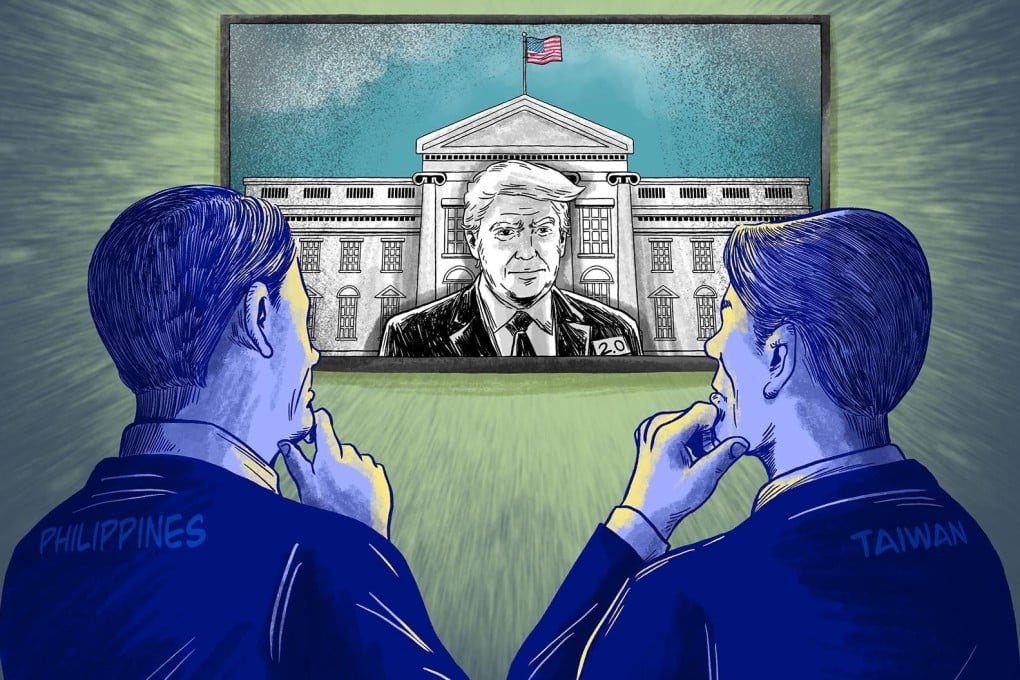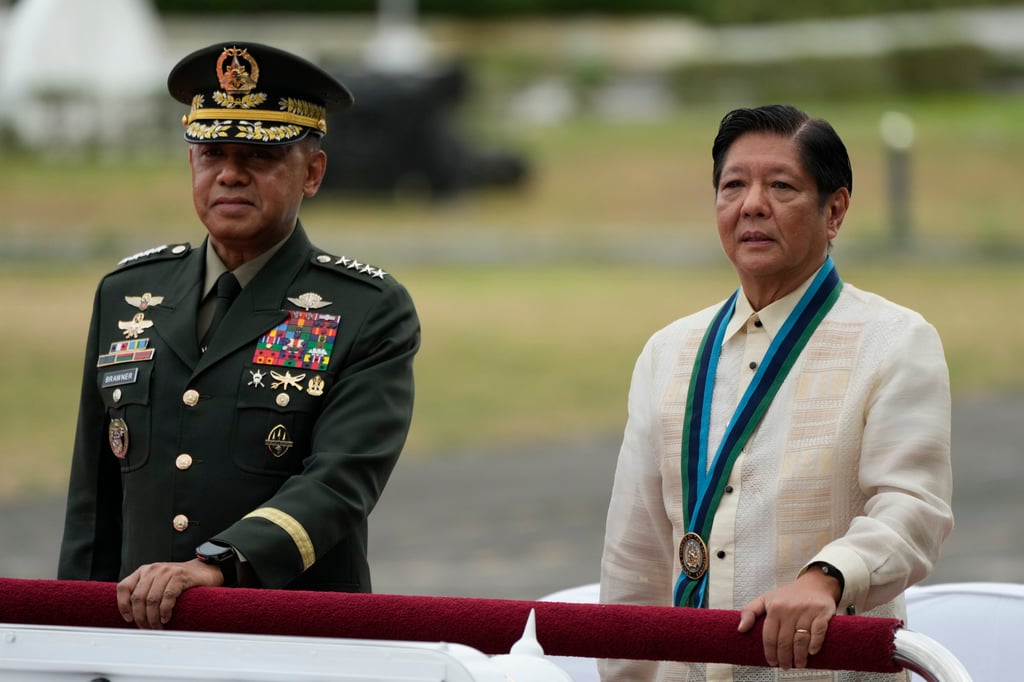Taiwan and Philippines try to figure out how to navigate the return of Donald Trump
Manila and Taipei, facing PLA confrontations, may need to depend less on the US and appeal to Trump’s transactional nature, analysts say

“When we see the Trump administration, we believe that it’s about flexible diplomatic methods,” Chen, a former admiral, said. “But I believe that every US president recognises and focuses on the importance of the peace and stability across the Indo-Pacific region, and of course, in Taiwan.”
Some 1,200km (745 miles) south, military and civilian officials in the Philippines sang a similar tune, arguing that precedence and long-standing ties with the United States were likely to prevail, while pointing out that Trump coined the “free and open Indo-Pacific” strategic concept during his first term.
Leaders worldwide are busy fine-tuning their strategy ahead of Trump’s second term, but the activity has taken on particular urgency for those on the front lines of Beijing’s growing military might.

Officials in Taiwan and the Philippines, facing near-daily showdowns with Beijing’s powerful People’s Liberation Army (PLA), suggest similar road maps for Trump 2.0 – depend less on Washington, more on themselves, appeal to his deal-making persona, and hope for the best.